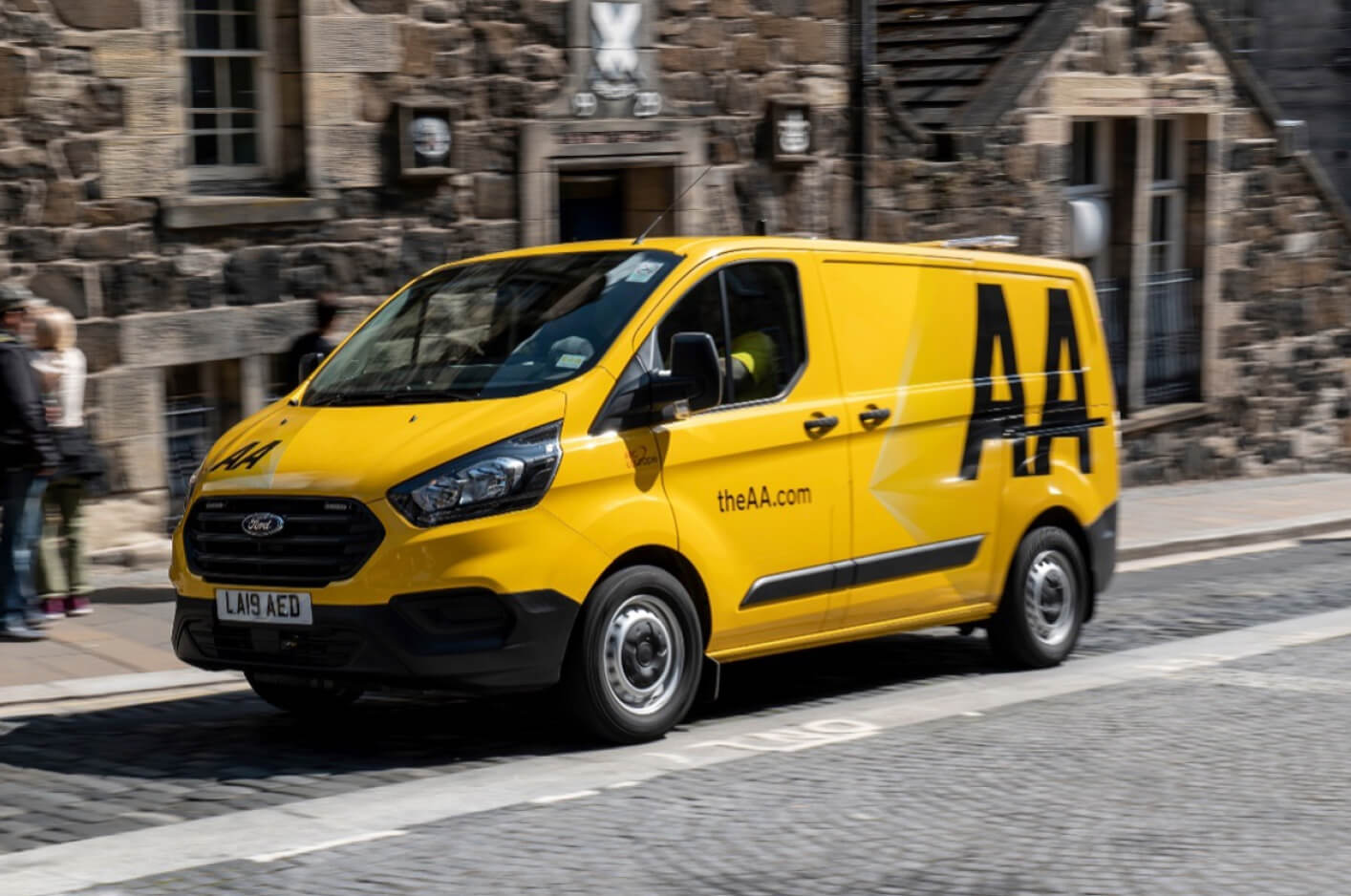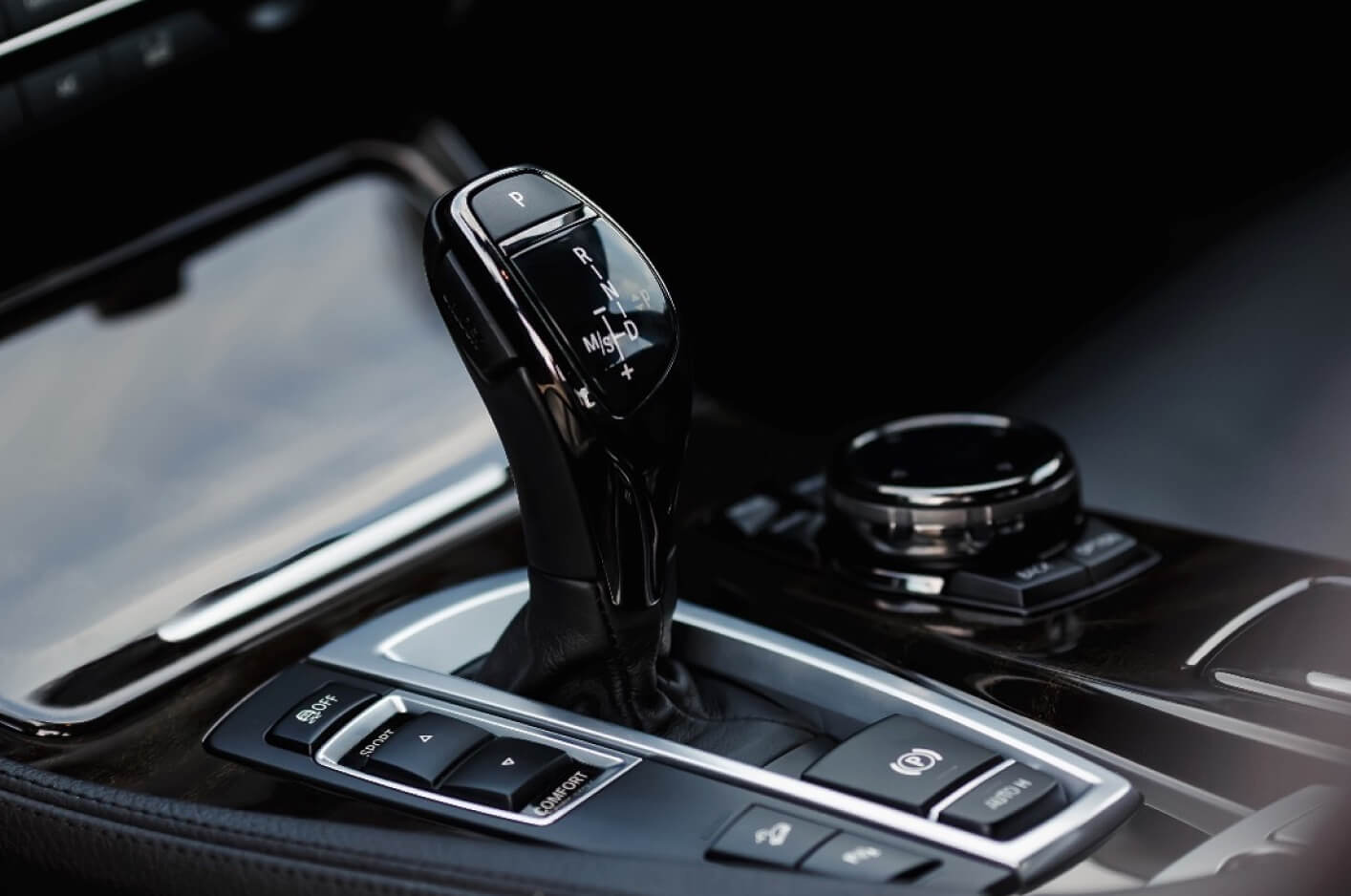17 March 2020
Company car demand forecast to accelerate, fuelled by Budget BIK tax clarity.
Chancellor of the Exchequer Rishi Sunak delivered his first Budget speech (Wednesday, March 11, 2020) and he ‘splashed the cash’. It was also the first - and much delayed - Budget of the Government led by Prime Minister Boris Johnson.

Company car demand is predicted to accelerate after benefit-in-kind tax clarity for the next five years was provided by Chancellor of the Exchequer Rishi Sunak in this week’s Budget.
The Budget Statement confirmed that previously announced benefit-in-kind tax rates for 2020/21, 2021/22 and 2022/23 would be implemented as planned and that rates for 2023/24 and 2024/25 would be frozen at 2022/23 rates.
Caroline Sandall, chairman of fleet operators’ organisation ACFO, said: “The freeze in company car benefit-in-kind tax rates for 2023/24 and 2024/25 at 2022/23 levels could provide a significant boost in demand for what remains one of the nation’s favourite employee benefits.
“Company car demand has been hit in recent years by year-on-year increases in benefit-in-kind tax and long-term rate uncertainty. However, the fact that rates are now known for the next five financial years - a full vehicle replacement cycle - gives planning confidence to both fleet decision-makers and company car drivers.”
It was a view shared by Paul Hollick, chairman of fleet industry training organisation ICFM, who said: “With company car benefit-in-kind tax rates now known for a full five-year vehicle cycle, which is the norm for some organisations, the Budget could herald a resurgence of the company car. That’s because many drivers’ decision to opt out of a ‘favourite’ employee perk was driven by tax uncertainty.”
While Gerry Keaney, chief executive of the British Vehicle Rental and Leasing Association (BVRLA), said: “Having a roadmap for the future of company car tax up to 2025 removes the uncertainty that we know stifles business decisions.”
The Government has pledged to end the sale of new petrol, diesel and plug-in hybrid vehicles by 2040 and in all likelihood earlier, perhaps 2035 or even 2032.
Against that timeline, Ms Sandall said: “It is imperative that fleet decision-makers and company car drivers focus on moving towards operating and driving 100% electric vehicles.”
Other key Budget announcements will, according to ACFO, ICFM and the BVRLA, support fleets and help drive the uptake of electric vehicles. They included:
- £532 million to maintain the Plug-In Car and Van Grants until March 2023, although support for zero emission cars was cut with immediate effect from £3,500 to £3,000 per vehicle and cars costing £50,000 or more are now excluded
- Exempting until March 31, 2025 all zero emission vehicles from the Vehicle Excise Duty ‘expensive car supplement’, which increases from £320 to £325 from April 1, 2020
- Eliminating the Van Benefit Charge for zero emission vans from April 2021
- Extending from April 2021 for four years the 100% first year capital allowance to zero emission cars only
- Pledging £500 million to support the roll-out of a fast-charging network for electric vehicles, ensuring that drivers would never be further than 30 miles from a rapid charging station.
Mr Keaney said: “The Budget shows that the Government is listening and is ready to support those that are ambitious enough to embrace its decarbonisation targets.
“The Plug in Car Grant and Vehicle Excise Duty measures will play a massive role in making electric vehicles more affordable for thousands upon thousands of businesses and drivers across the UK.”
Reflecting on the raft of measures to support a ‘green vehicle drive’ and the beginnings of a market transition, Mike Hawes, chief executive of the Society of Motor Manufacturers and Traders, added: “We are pleased to see the Chancellor find room in his Budget to help make zero emission motoring a more viable option for more drivers - essential if we are to begin to meet extremely challenging environmental ambitions.”


